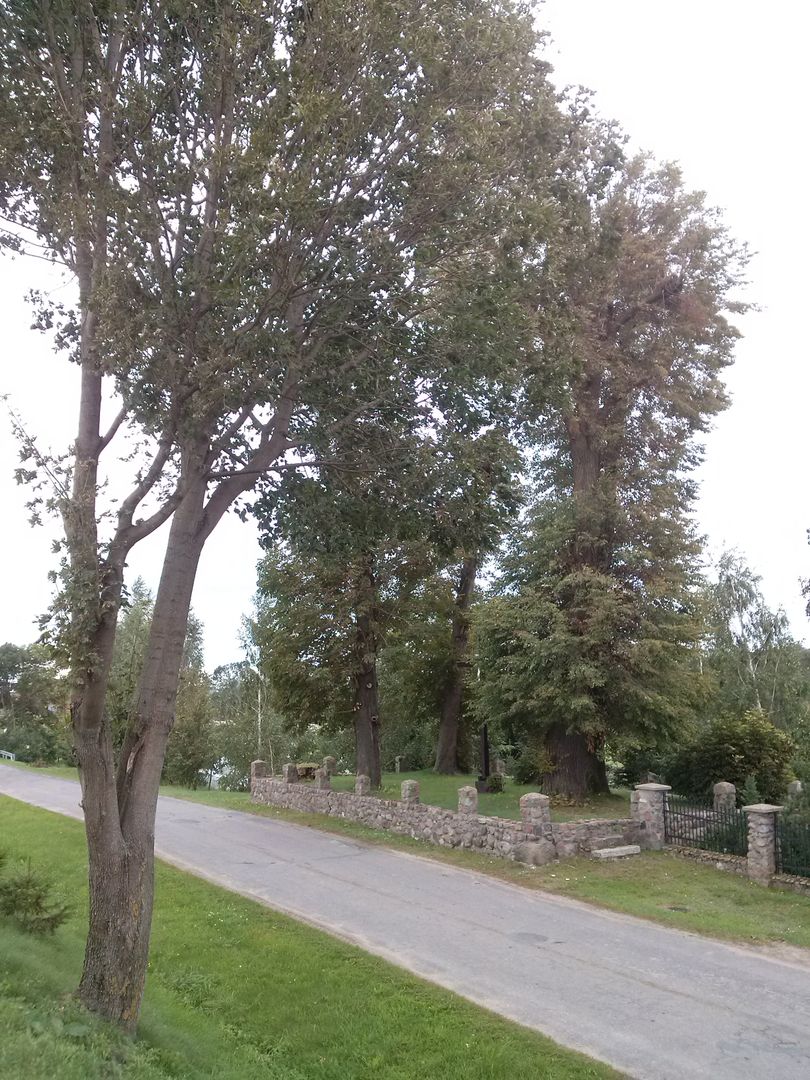Gocławice
6.24

Overview
Gockowice is a village in the Pomeranian Voivodeship, within the Chojnice County, established in 1354 under Chełmno law. The etymology of the village's name derives from the name of its first owner, Gocko, and it appears in historical documents in various forms, such as Gotzindorff, Götzendorff, and Gockowice. The village is located in a region of diverse terrain, dominated by the moraine plateau of the Krajenka Lakeland, and its soils, although of low quality, are conducive to modern organic agriculture. Gockowice lies on the edge of the Raciąska Struga watershed, where Lake Gockowickie is situated. The history of the village dates back to prehistoric times, with archaeological research uncovering a burial ground of the Pomeranian culture from the 5th century BCE and early medieval settlements. After the land was granted to the Teutonic Order, Gockowice became a knight's estate, and over the centuries its inhabitants were primarily Poles and Germans. Following the First Partition of Poland, the village became part of Prussia, and its status changed multiple times, transitioning from private to administrative ownership. In the 20th century, after the Treaty of Versailles, Gockowice became part of Poland, and its population remained ethnically diverse. The industrial distillery located in the village, operating since the late 19th century, was a significant element of the local economy. Gockowice still preserves its historical landmarks, such as the municipal distillery, a chapel from 1927, and partially preserved graves of former owners, which testify to the rich history and cultural heritage of the locality. It is also worth mentioning the closure of the local school in 1978 and the development of a printing plant in the 1990s, illustrating the social and economic changes that took place in the village. Gockowice, with its history, local culture, and landmarks, remains an interesting place to explore the unique characteristics of life in Pomerania.
Location
2026 Wizytor | All Rights Reserved